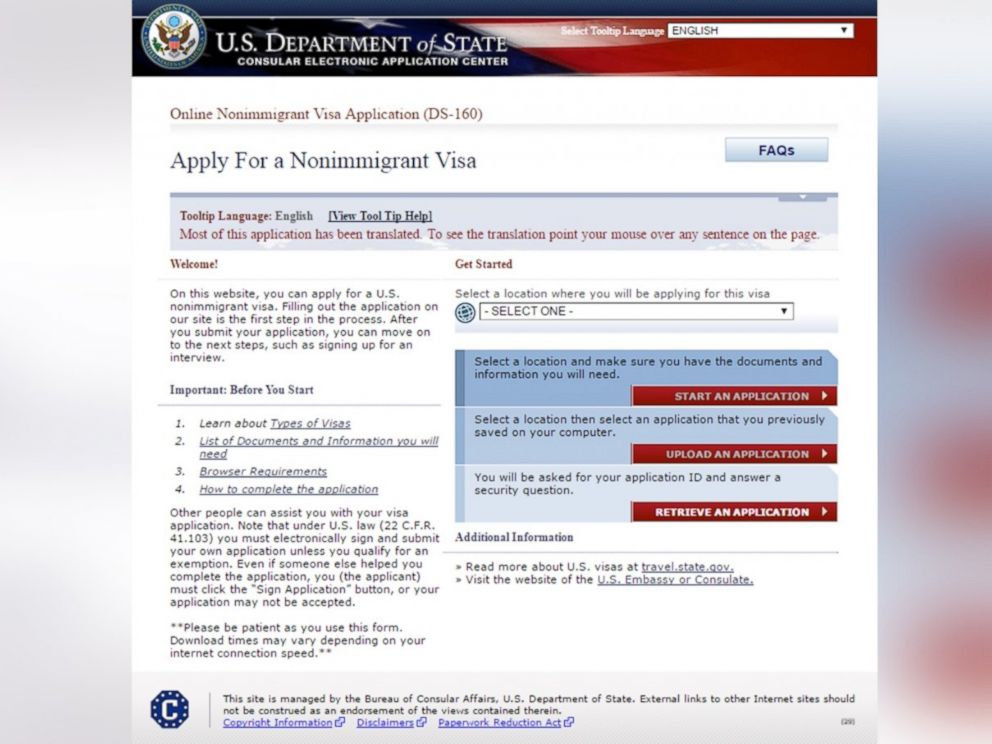Blue Cross insurer sues U.S. for funds owed under health care law
BusinessInsurance: Highmark Inc. and its subsidiaries have sued the federal government for failing to pay funds the insurers say they are owed through one of the Affordable Care Act’s public health insurance exchange safety net programs.
Pittsburgh-based Highmark, the fourth-largest Blue Cross and Blue Shield insurer, is demanding $222.9 million, which it argues it is owed through the ACA risk corridor program for 2014 losses, according to the lawsuit filed Tuesday in the U.S. Court of Federal Claims in Washington.
Highmark said the government has paid only $27.3 million of the total owed for 2014. In early April, Highmark President and CEO David Holmberg said during an analyst call that the insurer was owed more than $500 million from the risk corridor program for 2014 and 2015.
The risk corridor program is intended to help stabilize premiums by offsetting insurers’ losses during the first three years of the public health exchanges.
But the U.S. Centers for Medicare and Medicaid Services last year said it would pay only 12.6% of the money insurers requested for 2014 losses. CMS said the rest of the tab would be paid in 2015 and 2016 if necessary.
The suit accuses the government of breach of good faith and fair dealing among other allegations.
CMS could not be immediately reached for comment.
“The United States has specifically admitted in writing its statutory and regulatory obligations to pay the plaintiff insurers the full amount of risk corridor payments owed to them for calendar year 2014, but it has failed to pay the full amount due,” the lawsuit states.
“Instead, the government arbitrarily has paid the plaintiff insurers only a pro-rata share — less than 12.6% — of the total amount due, asserting that full payment to the plaintiff insurers is limited by available appropriations, even though no such limits appear anywhere in the ACA or its implementing regulations or in the plaintiff insurers’ contracts with the government.”
In a statement Monday, Mr. Holmberg said the Highmark has a “fiduciary responsibility to our 5.2 million health plan members to seek payment.”
Still, Mr. Holmberg said the insurer “remains committed” to the public health exchanges.
Highmark said it tried to negotiate with CMS, which the insurer said refused requests for full payment. It also said CMS has taken the position that “none of the risk corridor payments” for 2014, 2015 and 2016 are due until fall 2017 after the program has concluded.
The insurers involved in the lawsuit, First Priority Life Insurance Co. Inc. et al v. USA, include First Priority Life Insurance Co., Highmark BCBSD Inc., Highmark Inc., Highmark Select Resources Inc., Highmark West Virginia Inc., and HM Health Insurance Co.
In February, Lake Oswego, Oregon-based insurer Health Republic Insurance Co. of Oregon, which now is out of business, filed a $5 billion class action against the federal government for failing to make the risk corridor payments.
**** Good news?
Sessions, Cassidy to introduce ‘The World’s Greatest Health Care Bill. Ever’
FNC: House Rules Committee Chairman Pete Sessions, R-Texas, and Sen. Bill Cassidy, R-La., plan to introduce what they are terming an “alternative” health care bill Thursday which will not repeal ObamaCare, but work alongside the existing Affordable Care Act and modify various parts of the system.
The legislation is technically called the HELP Act, short for “Health Empowerment Liberty Plan.” Sessions however prefers a less clinical moniker with a title infused with a dose of Donald Trump-esque hubris. Instead, the Texas Republican calls the legislation “The World’s Greatest Health Care Bill. Ever.”
Sessions notes that the legislation allows people to keep ObamaCare if they so desire, noting that his measure does not entail a full repeal of ObamaCare.
“Someone who repeals (ObamaCare) is left with nothing,” he said.
That’s why his bill works in tandem with the existing law.
Meanwhile, it does get worse.
UnitedHealth Quits 27th Obamacare State as Insurer to Exit N.J.
Bloomberg: UnitedHealth Group Inc. is exiting New Jersey’s Obamacare exchange, marking the 27th state market the insurer is quitting.
UnitedHealth’s Oxford Health Plans unit won’t participate in New Jersey’s individual market in 2017, on the Affordable Care Act exchange or elsewhere, according to a letter obtained by Bloomberg through an open-records request. Another unit will continue selling plans outside of Obamacare, and the company will keep offering coverage to small businesses, according to Marshall McKnight, a spokesman for New Jersey’s Department of Banking & Insurance.
Chief Executive Officer Stephen Hemsley said last month that UnitedHealth would only offer ACA plans in a “handful of states” for 2017, though the company hasn’t listed them. The company is retreating from the markets created by the ACA amid mounting losses on the policies. Bloomberg has confirmed that the insurer is exiting at least 27 of the 34 states where it sold 2016 coverage.
The company will still probably sell ACA plans in at least three states next year: New York and Nevada have confirmed UnitedHealth’s participation and the company has filed plans to participate in Virginia.
In addition to UnitedHealth, several other insurers offered plans in New Jersey last year, according to the Kaiser Family Foundation. They include Oscar Insurance Corp., AmeriHealth, Health Republic Insurance of New Jersey and Horizon Blue Cross Blue Shield of New Jersey.


